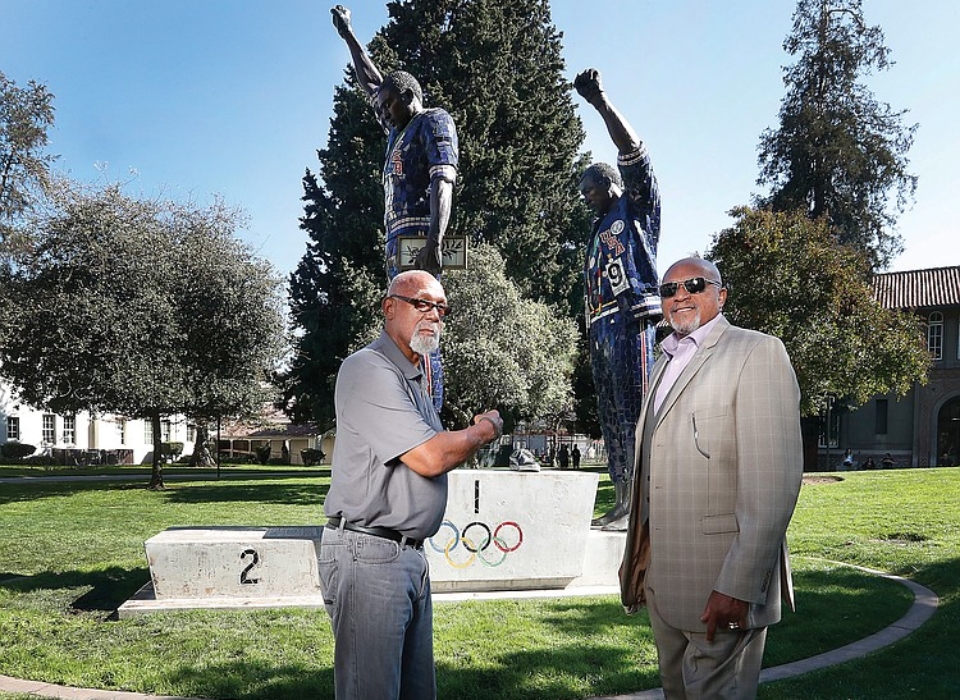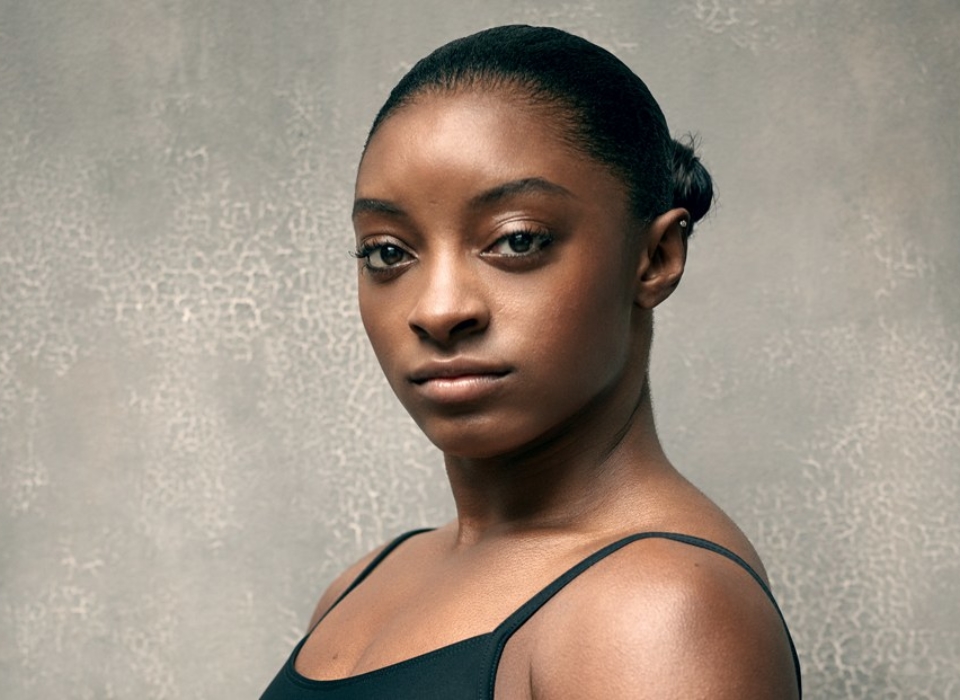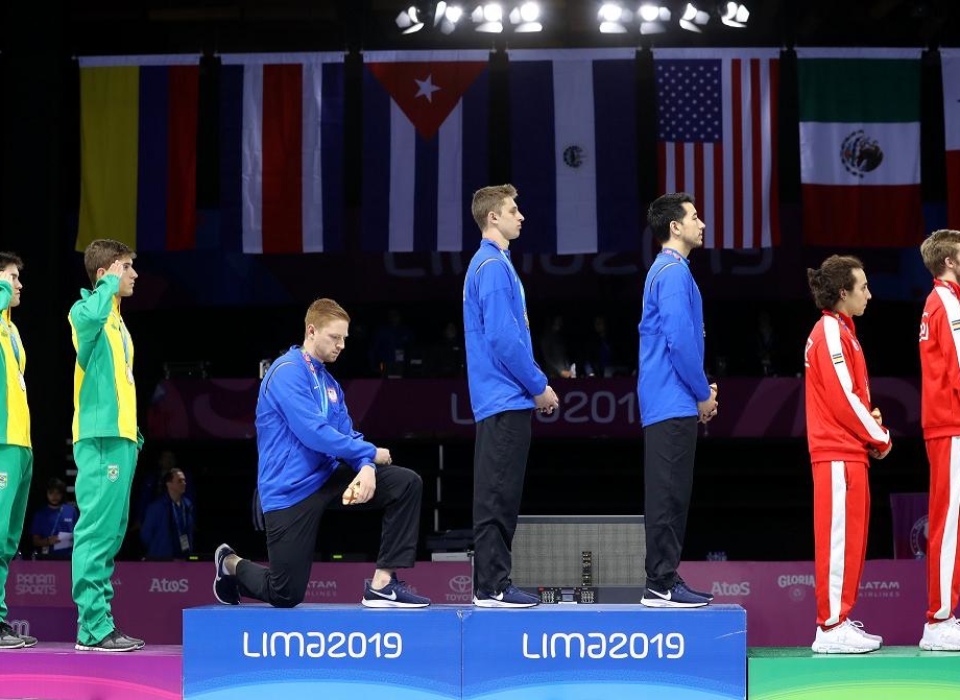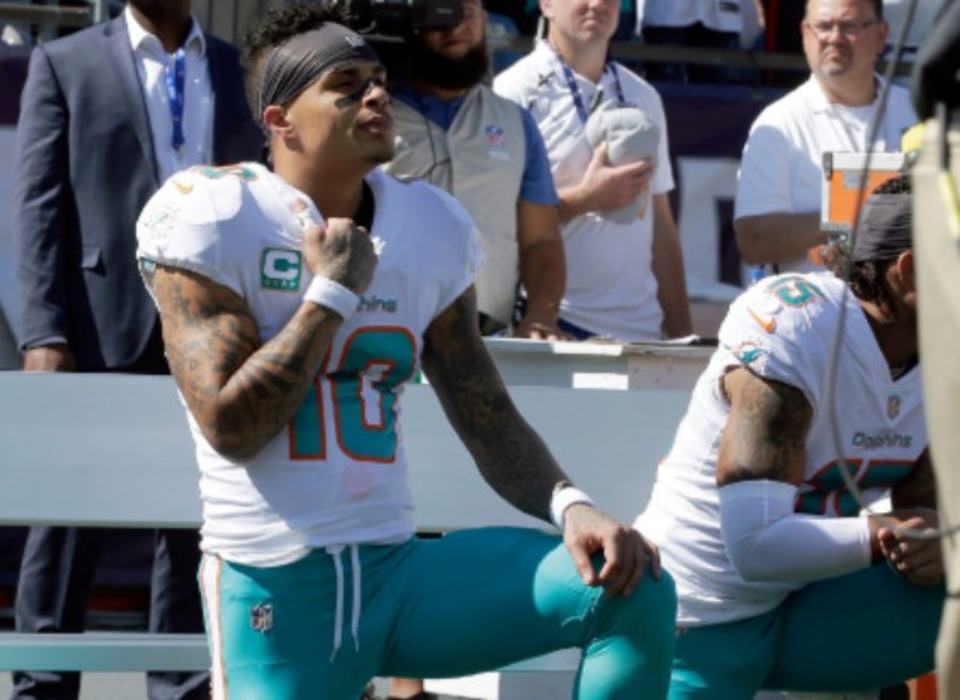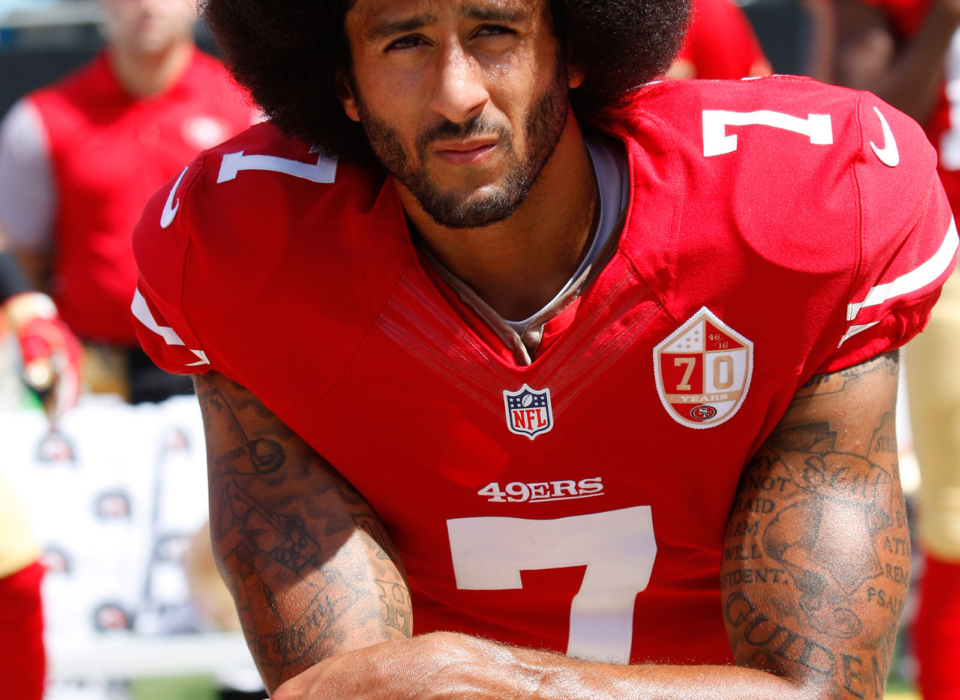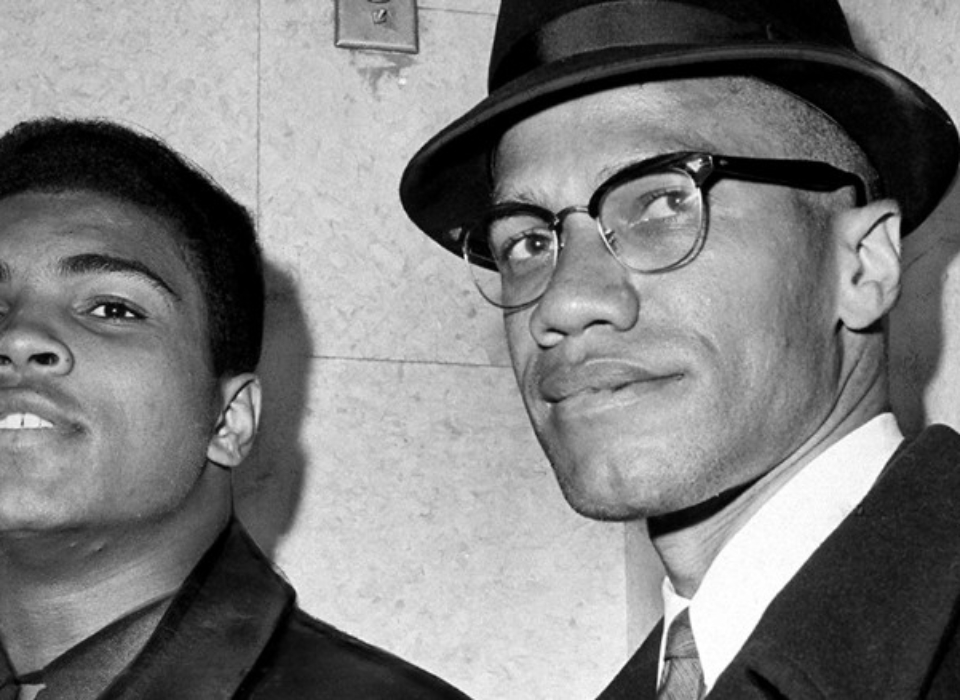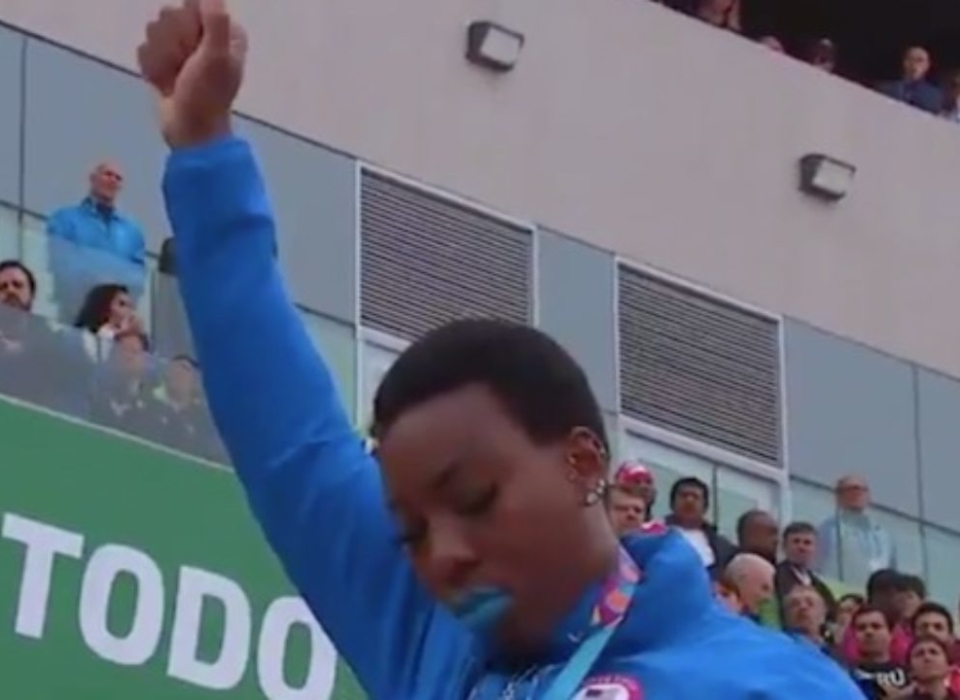Progressive athletes won’t be silenced no matter the generation
At the height of the Black Liberation Movement in the U.S., in the late 1960s and early 1970s, African-American athletes not only performed on an elite level in their individual sports, they were also politically outspoken on important social issues. The great heavyweight boxer, Muhammad Ali, and amazing sprinters Tommie Smith and John Carlos helped to pave the way during this electrifying period.
Ali refused to be drafted into the U.S. Army, as he was a conscientious objector. He virtually became an anti-war activist by opposing an imperialist war against the Vietnamese people due to his religious beliefs as an avowed Muslim. He publicly stated, “I ain’t got no quarrel with them Vietcong” and “No Vietcong ever called me ni–er.” Ali also declared, “Why should they ask me to put on a uniform and go 10,000 miles from home and drop bombs and bullets on brown people in Vietnam after so-called Negro people in Louisville are treated like dogs and denied simple human rights?” (New York Times, June 27, 2017) His words resonated around the world.
Refusing to comply with the draft carried a 5-year prison term and a $10,000 fine. The prison term was suspended for Ali, but this did not stop the New York State Athletic Commission and the World Boxing Association from stripping his world heavyweight title in 1967 and, therefore, stopping his right to box.
Ali, the most well-known and popular athlete in the world, sacrificed the most productive years of his boxing career to take a principled position against war and racism. For almost four years until the U.S. Supreme Court overturned his conviction, Ali became the most popular outspoken anti-war speaker on college campuses and universities. He was soon regarded as a hero by millions of people.
From Tommie Smith and John Carlos to Colin Kaepernick
During the same time frame, Black athletes were discussing whether to form a coalition to boycott the 1968 Olympics in Mexico City to protest racist repression at home. When the boycott failed to materialize, U.S. sprinters Tommie Smith and John Carlos carried out a protest of their own at the Olympics. It followed their first- and third-place finishes in the 200-meter-yard dash. While the U.S. national anthem played, they both raised black-gloved fists in the air, the Black Power salute, while standing barefoot on the podium.
The U.S. Olympics Committee then stripped Smith and Carlos of their credentials, forcing them to abruptly leave Mexico City to return to the U.S. Even though it was difficult for them to find jobs for years, they refused to apologize or back down from their principled, heroic actions.
A 22-foot-high statue of Smith and Carlos’ Olympic protest was erected in 2005 at their alma mater, San Jose State University in San Jose, Calif. Fifty-one years later, their silent but powerful protest inspires new generations of activists because the same issue of white supremacy still dominates all sectors of U.S. capitalist society.
One athlete inspired by Smith and Carlos was Colin Kaepernick, the Black quarterback with the San Francisco 49ers. He decided to take a knee during the playing of the national anthem preceding every National Football League game during the 2016-17 season. In fact, this August marks the third year anniversary of his protest that began during the pre-season.
His motivation for taking this stance was to protest the racist police killings of two Black men, Philando Castile and Alton Sterling, in Minnesota and Louisiana, respectively, within one day of the other in early July 2016. Both brutal murders were captured on videotape. None of the killer cops have been brought to justice.
Kaepernick’s protest caught fire among the majority of NFL teams, as multiple players took a knee before each game. Their actions helped to bring new energy to the dynamic Black Lives Matter movement. Soon athletes in other sports—of all genders, gender expressions and ages—followed suit, much to the dismay of the majority-white billionaire NFL owners. Like many rich, capitalist owners in any industry, they had hoped the workers would not make any political demands that challenged the status quo.
Just like Ali had sacrificed his career to raise consciousness for social justice, so had Kaepernick. He not only earned the ire of the deplorable then presidential candidate, Trump, but has been “blackballed” from playing in the NFL since the end of the 2016-17 season. Recently, Jay-Z, the billionaire hip-hop artist, has come under fire for his new partnership with the NFL hierarchy, that represents the interests of the football owners, to promote “social justice” causes that exclude any guarantee that Kaepernick be signed to a team.
What’s noteworthy is that Kaepernick put his career on the line during a period that ushered in the extremely reactionary Trump presidential era. So many voters, especially oppressed people, were not excited about voting for Hillary Rodham Clinton.
Since Trump took office, the number of NFL players taking a knee may have declined, but one player in particular has continued the crusade that Kaepernick began. That player is Kenny Stills, the 27-year-old Miami Dolphins wide receiver. He recently made headlines when he openly criticized on Twitter the billionaire Dolphins’ owner, Stephen Ross, for hosting a fundraiser for Trump.
Stills told reporters: “It just doesn’t make sense to me. It just doesn’t align to be running a nonprofit focused on equality and talking about sports and equality and then to be holding a fundraiser for a man that we know isn’t standing up for that same cause or championing that same cause.” (latimes.com, Aug. 9) Stills said that he has received close to a dozen death threats for criticizing Ross—but that will not stop him from speaking out.
Anti-Trump protests at Pan-Am Games
The movement that Kaepernick sparked was played out at the XVIII Pan-American Games held in Lima, Peru, from July 26 through Aug. 11. Forty-one nations from South America, Central America, the Caribbean and North America participated. Two U.S. gold-medal-winning athletes protested against Trump’s policies during the medal ceremonies.
Gwen Berry, a Black hammer thrower, courageously raised her fist and bowed her head during the playing of the national anthem. She stated: “Somebody has to talk about the things that are too uncomfortable to talk about. Somebody has to stand for all of the injustices that are going on in America and a president who’s making it worse.” (CNN.com, Aug. 12)
Louis Moore, professor of history at Grand Valley State University in Allendale, Mich., and author of “We Will Win the Day: The Civil Rights Movement, the Black Athlete, and the Quest for Equality” told CNN: “Specifically, for Berry, her protest is especially significant because hers first should come as a reminder that Black women athletes in 1968 were not asked to join the protest leading up to the Games or during the Games. But today, whether we are talking about the WNBA players, Serena Williams, or Gwen Berry, they aren’t waiting and they aren’t asking. They are using their platform how they see fit.” (Aug. 12)
Fencer Race Imboden, who is white, took a knee, to also protest Trump’s racism. He pointed out on Twitter, “multiple shortcomings of the United States … racism, the need for gun control, the mistreatment of immigrants, and a President who spreads hate.” (Aug. 9)
Both Berry and Imboden face punitive measures from the U.S. Olympic and Paralympic Committee, which could have repercussions for their participation in the 2020 Summer Olympic Games in Tokyo, Japan.
Bravely speaking out on sexual abuse
Simone Biles is the 22-year-old reigning world champion gymnast, who won her sixth straight U.S. championship on Aug. 11 in Kansas City, Mo. She is one of the more than 300 survivors of sexual predator Dr. Larry Nassar. He was convicted in February 2018 of seven counts of sexual assault against hundreds of majority female gymnasts. Now adults, they were victimized as children and teenagers.
After one of her dazzling, historic routines, Biles stated, while in tears, that USA Gymnastics “failed” her and her fellow gymnasts when it came to protecting them from Nassar, the team doctor, against sexual abuse. She continued, “It’s hard coming here for an organization and having had them fail us so many times. They couldn’t do one damn job. You had one job. You literally had one job and you couldn’t protect us. Every time I go to the doctor or training, I get worked on, and I don’t want to get worked on, but my body hurts. I’m 22.” (nbcnews.com, Aug. 8)
Not to forget Megan Rapinoe. A lesbian, she is the U.S. soccer player who has taken a knee in solidarity with Kaepernick and fought for equal pay for women and gender-oppressed players.
All these multigenerational athletes have refused to shut up and just play sports when it comes to fighting for social equality and protesting against white supremacy and misogyny.

